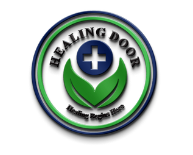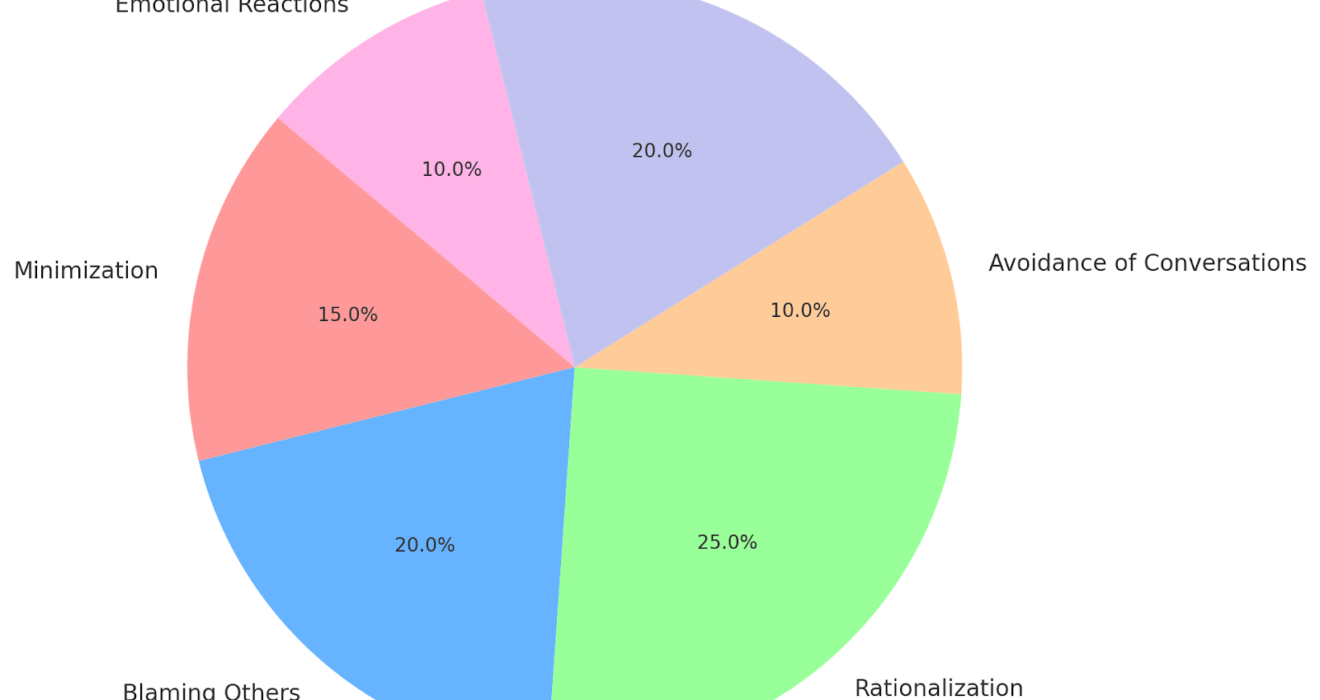Denial: Signs and Symptoms in Patients Seeking Psychiatric Help
Denial can prove to be one of the most common resistances in addiction recovery and psychiatric treatment. Many patients entering rehab centers in Pakistan do not think they have any problem at all.
It makes them quite challenging to request help or adhere to a treatment program. In this regard, at Healing Door Rehab and Psychiatric Center in Islamabad, we feel the need to consider denial signs and symptoms.
So let’s discuss signs and symptoms of denial among patients who are seeking psychiatric help.
What Is Denial?
Denial is a form of defense mechanism. It helps people avoid uncomfortable truths. In addiction and mental health, denial prevents patients from acknowledging their issues. As a result, this might prolong suffering and hinder the recovery process.
For instance, in substance addiction, that person may insist that they can stop at any time. That person will not consider the devastating consequences of his or her behavior. This is the reason why others in the family and amongst friends react angrily and want to help such a person.
Common Denial Symptoms
1. Minimization
The patients in denial downplay their problems. Instead, they might say such things as, “I only drink on weekends” or “I hardly use drugs.” This minimization can make the behaviors not seem like a big deal.
2. Blaming Others
Denial also includes blaming something or someone else for their plight. Patients might say that it is stress at work or family problems that cause their addiction. Although there are external reasons that trigger addictions, using them as an excuse averts personal accountability.
3. Rationalization
Rationalization is making excuses for your behavior. Patients may say, “I work hard, so I deserve to unwind with a drink.” This kind of thinking protects them from facing what has been going on with their addiction.
4. Avoidance of Conversations
Patients who are in denial tend to dislike discussions concerning their mental illness or substance use. They will often shift the subject or get defensive, leading to uncommunicative barriers.
5. Inconsistent Behavior
A patient can state that they will not get any better but remain engaged in maladaptive behaviors. For example, she can agree to commit to the drug rehab center in Islamabad but delay the process. This inconsistency can be reflective of a lack of intention and commitment toward recovery.
6. Emotional Reactions
Strong feelings of reaction. A patient often gets angry or hurt if questioned regarding their behavior. Emotional reactions will often warn the healthcare professional that he or she might not be ready to accept the situation.
Detection of Denial in Patients
The detection of denial in patients is very challenging. It requires observation and empathy. Here are some tips for healthcare professionals and family members:
1. Listen Actively
Hear patients out without judgment. Have them express their feelings. Sometimes, just to be heard will help them confront their reality.
2. Ask Open-Ended Questions
Open up the patients and learn more about their experiences. For example, “How do you feel about your drinking habits?” leads to a lot more conversation than any closed question.
3. Teach
Educating the patient about addiction and mental health may give him clarity as to what exactly is going on. Resource materials that may expound on the effects of substance abuse and the need for treatment can be helpful to the patient.
4. Involvement of Family and Friends
Family and friends are significant in the healing process. This support may come through discussion, allowing them to convey their observations and express concern over the individual, which might spur the patient into action to seek help.
5. Be Patient
Denial can run deep. A patient might need some time to realize their problems. Be patient and helpful with the patient through his or her journey of feelings.
Denial in Addiction
Patients with addictions create a challenge in dealing with them because of denial or unwillingness to accept the problem. People insist they can quit at any time, lessening the seriousness of their situation.
This is what leads to high resistance against help-seeking. Symptoms of denial include blaming other factors for one’s behavior, having rationalization for one’s actions, and avoiding talks about their drug or alcohol use.
Due recognition by families and professionals of such symptoms will ensure proper, timely intervention and support toward guiding patients toward recovery.
Role of Rehab Centers in Islamabad
Rehab centers in Islamabad, like Healing Door, play the role of helping the patients come to terms with denial and be on the road to recovery. Our staff is trained in dealing with denial in a humane yet efficient manner. Here’s how we address denial:
1. Therapeutic Interventions
We conduct numerous therapeutic interventions here at our rehab center in Islamabad to allow patients to come to terms with denial. The best technique that we use is Cognitive Behavioral Therapy (CBT). This encourages the patient to become conscious of the psychological patterns and change those negative ones.
2. Group Therapy
Patients suffering from denial would benefit from group therapy. Often, when they hear others speak about what they are going through, they will empathize with them instead of remaining in an ivory tower. It builds a community around the patient.
3. Family Therapy
Family therapies with the patient may show how denial is impacting their relationships. Family therapies promote effective communication and strengthen support systems.
4. Education and Workshops
We organize educational workshops that will provide awareness to patients about addiction and mental health. Proper information creates power in facing problems and realizing the need for treatment.
Conclusion
It is crucial to identify denial among patients so that family members and healthcare professionals can help the patients seek the necessary help required. In Islamabad, the Healing Door Rehab and Psychiatric Center focuses on helping patients recover and not revert back to the denial state permanently.If you or someone you love needs help for addiction or mental illness, then do not wait any longer. We are one of the best rehab centers in Pakistan and will walk you through every step of recovery. Contact us today to learn more about our programs and how we can help on your journey to recovery.




